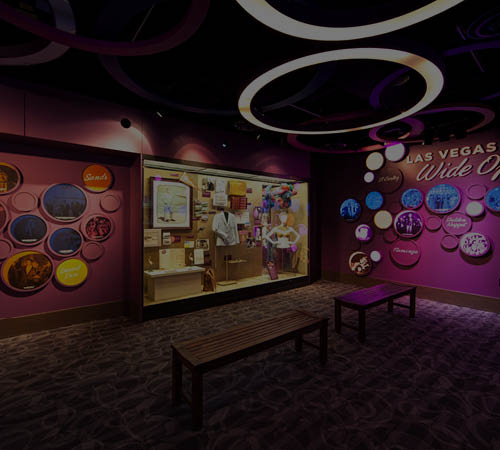
Mob movie classic ‘The Friends Of Eddie Coyle’ turns 50
Robert Mitchum portrays doomed career criminal in gritty ’70s thriller
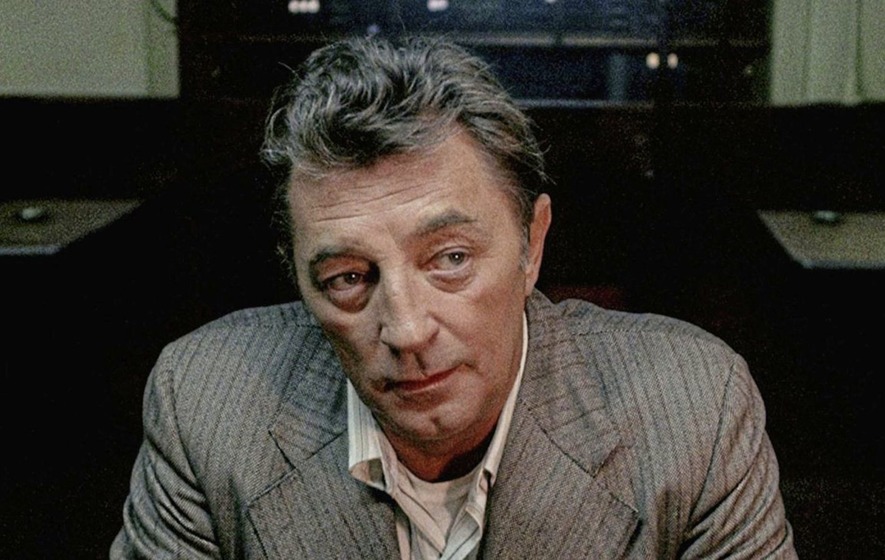
The Boston-based movie The Friends of Eddie Coyle was released 50 years ago, in June 1973, introducing viewers to a seamy underworld inhabited by scheming career criminals on a downward spiral.
Based on a novel by George V. Higgins of the same title, the movie features Robert Mitchum as Coyle, a 50-year-old New England gunrunner attempting to avoid a prison sentence.
Earlier, Coyle had been convicted in New Hampshire of transporting about 200 cases of stolen Canadian Club whiskey. Wanting to move away one day to Florida, he then fed information about a different crime to a U.S. Treasury agent, Dave Foley (Richard Jordan). Coyle hopes Foley will put in a good word for him with authorities in New Hampshire before the sentencing.
With a wife and three children at home, the aging Coyle doesn’t want to be behind bars for an expected sentence of up to five years. The Coyles already are struggling to get by, living in a modest house in Quincy, Massachusetts, south of Boston. Coyle worries that a prison sentence might force his family onto welfare.
“I just can’t do any more time,” Coyle tells the Treasury agent.
Foley eventually implies he will put a real effort into helping with the sentence if Coyle becomes a regular informant. A disappointed Coyle senses the agent is trying to turn him into a “permanent fink.”
“I should have known better than to trust a cop,” Coyle says, adding that even his mother could have told him that.
“Everybody ought to listen to his mother,” Foley says.
Deadly deceit
The betrayals don’t end there for Coyle, giving the term “friends” in the title an ironic twist. As it turns out, Coyle has no friends.
In the end, Dillon (Peter Boyle), a bartender and criminal associate of Coyle’s, invites him to a hockey game between the Boston Bruins and visiting Chicago Black Hawks. Though Coyle doesn’t know it, the bartender is another of Foley’s informants, accepting $20 a week from the Treasury agent for information.
Dillon also is a hit man for an off-screen Mob boss known as The Man. When Dillon learns The Man wants Coyle killed for being a snitch, the bartender accepts the job for a $5,000 payment.
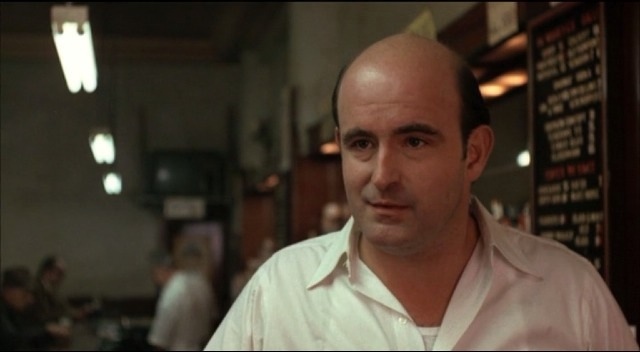
Dillon coaxes Coyle to the hockey game at the Boston Garden. In one poignant moment during the game, Coyle, whose future seems bleak with a pending prison sentence hanging over his head, makes note of young Bruins star Bobby Orr.
“What a future he’s got,” Coyle says to Dillon.
After the game, with the nephew of Dillon’s wife driving the car and Coyle in the front passenger seat, Dillion, sitting in the back, shoots Coyle in the head with a .22-caliber handgun, killing him.
At the movie’s conclusion, Foley, the Treasury agent, thanks Dillon for information that led to the arrest of a bank-robbing crew. Foley lets Dillon know that, as a friend, he won’t demand information about who killed Coyle.
“Thanks,” Dillon says.
An ‘astonishing’ movie
Gary Jenkins, an attorney and retired Kansas City Police Department intelligence detective, said The Friends of Eddie Coyle, directed by Peter Yates, explores “the gritty relationships between career criminals, their victims, their customers, and organized crime.”
The movie exposes “the dark side of the American dream,” said Jenkins, who hosts the Gangland Wire podcast.
As a newspaper reporter in Rhode Island and Massachusetts, and later as a prosecutor in Boston, the novel’s author, Higgins, came into close contact with people from various walks of life. Working as a private attorney, he also provided advice to political activist Eldridge Cleaver and former Nixon administration official G. Gordon Liddy, convicted of the Watergate burglary. Higgins died of a heart attack in 1999, one week before this 60th birthday.
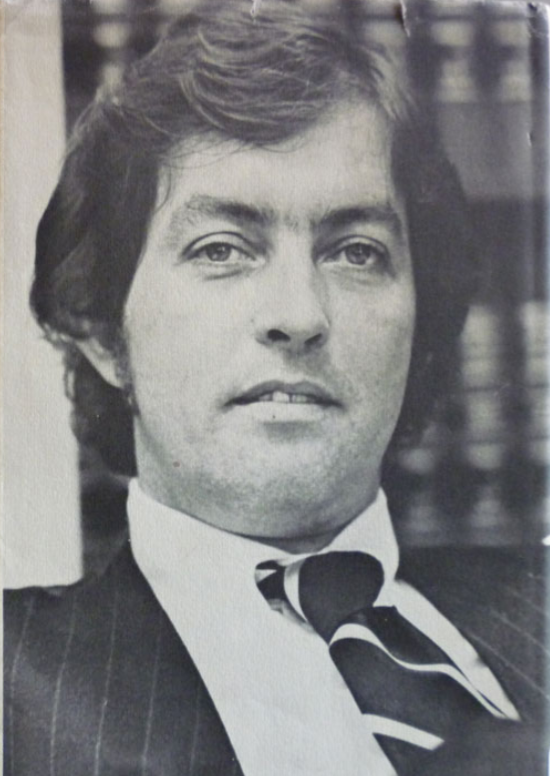
Ward Just, a novelist and former Washington Post reporter, said his friend Higgins “understood the cop and the hit man and the waitress and the petty thief and the guy cheating on his wife and the wife who hated her husband and the very rich and very poor.”
Higgins’ understanding of various people and the way they speak shows up in his many dialogue-driven books, including The Friends of Eddie Coyle, regarded by many as a classic. Novelist Elmore Leonard called it “the best crime novel ever written.” For the movie, screenwriter Paul Monash used dialogue directly from the 183-page novel.
The hanging-by-a-thread criminals in the movie are far removed from the powerful mobsters seen in other films during that period, including The Godfather, released one year earlier, based on a novel by Mario Puzo.
According to Higgins biographer Erwin H. Ford, the hoodlums in Higgins’ novels “were not romanticized like Mario Puzo’s Mob characters.”
Film critic Glenn Kenny, author of Made Men: The Story of Goodfellas, told The Mob Museum that the world Higgins portrayed in the novel, which the movie honored, is “a realistic vision of the grunginess of criminal life” on both sides of the law.
“The cops are as unhappy as the gunmen and bagmen,” Kenny said via email. “Nothing is glamorous, nothing refined. It’s a shadow world. But it’s not mysterious or enigmatic. It’s as plain as grime under your fingernails. The movie makes you feel it, and makes you care about the poor chumps who enact its various horrors.”
In wanting to understand a character like Coyle, one of the poor chumps, Mitchum met with Boston organized crime figure James “Whitey” Bulger, according to George Kimball, a former Boston Herald sports columnist. Whether Mitchum and Bulger actually ever met is in dispute, though the actor reportedly was introduced to other Boston gangsters.
With Mitchum’s solid performance anchoring the movie, critics have praised its realistic depiction of the Boston underworld, stripped of glamor and sentimentality.
“I think the key to what makes Eddie Coyle so astonishing is its lack of relation to other crime films,” Kenny said. “My friend the filmmaker Kent Jones put it best when he wrote, ‘Young film fans raised in the multiplex era may look back and lament the fact that no one is making movies like The Friends of Eddie Coyle anymore. The truth is that they never did. There’s only this one.’”
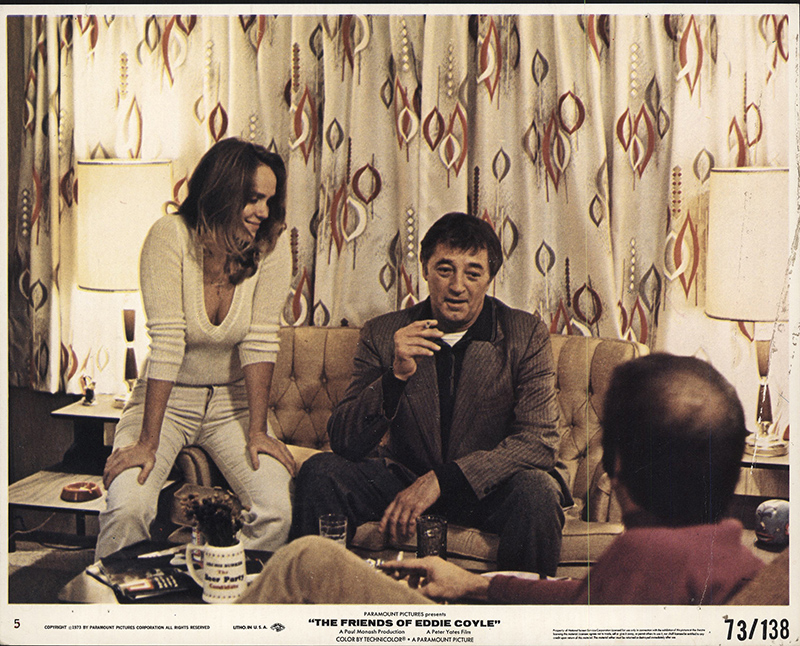
Larry Henry is a veteran print and broadcast journalist. He served as press secretary for Nevada Governor Bob Miller, and was political editor at the Las Vegas Sun and managing editor at KFSM-TV, the CBS affiliate in Northwest Arkansas. Today, he is a senior reporter for Gambling.com. The Mob in Pop Culture blog appears monthly.
Feedback or questions? Email blog@themobmuseum.org


